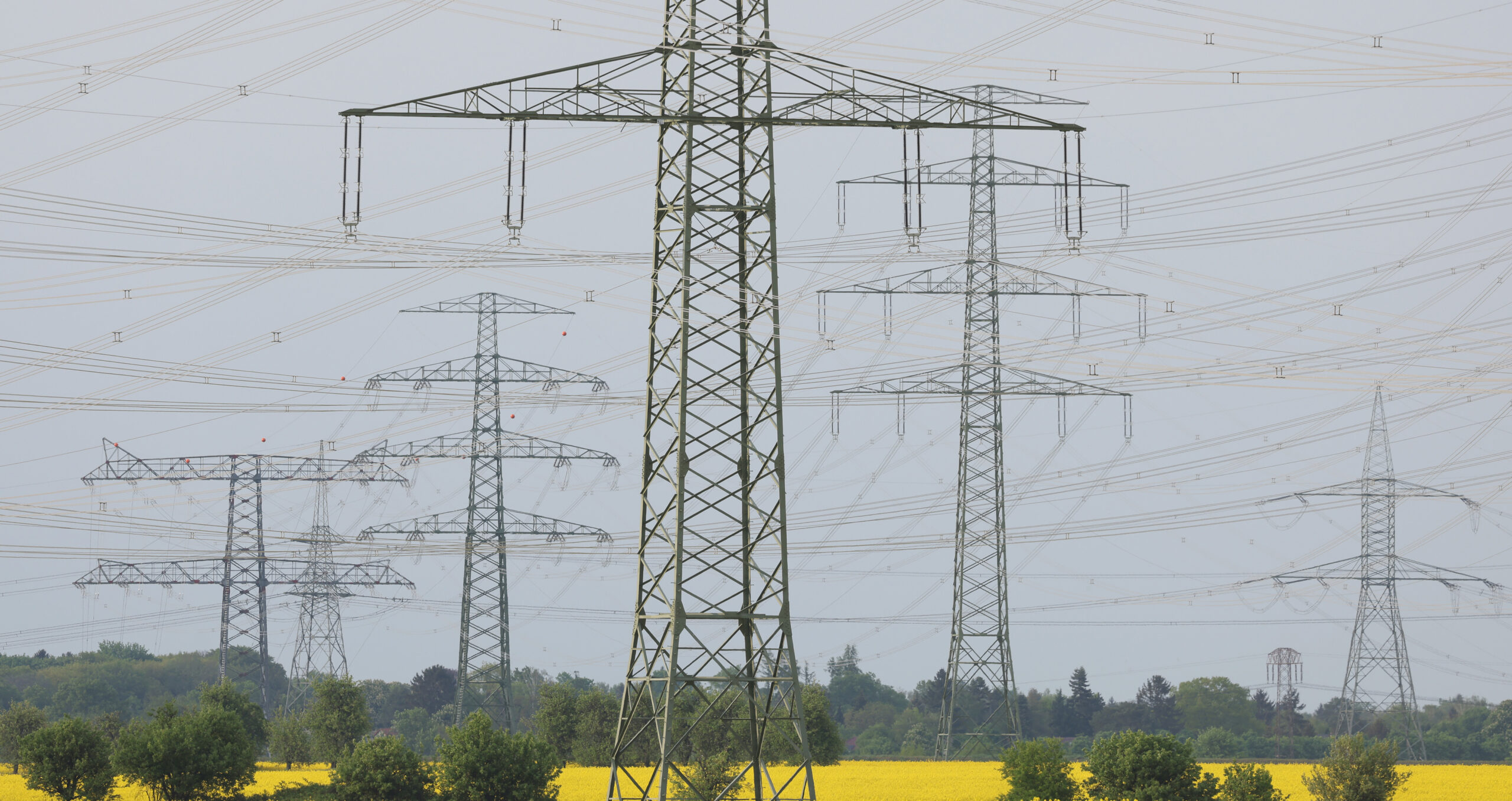
Trade body criticises ‘dangerous’ European electricity market proposals

Eurelectric, the federation of Europe’s electricity industry, says the reforms are rushed and the European Commission proposals do not take a long-term view.
Pressure on energy supplies caused by the Russian invasion of Ukraine, and resulting price spikes, has spurred the European Commission to consult on reforming the electricity market.
In her annual State of the Union speech in September 2022, European Commission president Ursula von der Leyen announced plans to reform the energy market. The consultation, which opened on January 23, said that it would aim to protect consumer bills from short-term price fluctuations and accelerate investment in renewable energies.
EU energy commissioner Kadri Simson said: “The EU’s electricity market has served us well for over 20 years. But the unprecedented energy crisis we are facing shows that we need to make the electricity market design fit for the future, allowing it to deliver the benefits of affordable clean energy to everyone.”
However, EU proposals to expand a type of contracts for difference (CfDs) to cover existing assets would “scare off investors”, said Eurelectric, which represents more than 3,500 companies. The industry body has concerns regarding both the timeline of the proposals and the problems that the reforms could pose to investors.
It sounded the alarm over the prospect of two-way CfDs covering existing energy assets, suggesting that this could reduce energy producers’ incentives to meet demand. In a two-way CfD, the government pays the electricity producer the difference between the electricity price and a reference price, determined by auction, when the former is lower than the latter; when the opposite is true, the electricity producer pays the difference to the government.
The consultation will run until February 13.
CfD considerations
The European Commission is seeking views on how to integrate CfDs into the electricity market. It wants to know the extent to which these contracts could become compulsory for investments and whether these should only cover new assets, or be expanded to cover existing assets.
It accepts that the more straightforward way to introduce these contracts would be to allow member states to decide whether or not to use these instruments, while a more binding way to embed CfDs in regulation would be to compel all investments involving public support to rely on these contracts.
“This would need to be carefully calibrated to ensure that CfDs provide the necessary incentives at the least cost for consumers,” the consultation said.
A more radical approach would permit member states to impose CfDs on certain types of existing generators. These contracts would not originate from tenders but from “ex-post price regulation”.
“While this would accelerate the uptake of contracts for difference, it would also create significant uncertainty for investors in renewables,” the consultation said. “This could risk the necessary investments in this type of generation, increase the costs of those investments and as a result be counterproductive.”
The commission is also exploring increasing the use of so-called power purchase agreements. PPAs, which are struck between private parties, set the price at which electricity is sold on a long-term basis.
Opposition to measures
The reforms will take place as green energy businesses weigh up the relative merits of different subsidies across competing blocs. For example, the Financial Times has reported the prospect of extensive tax breaks in the US for overseas energy developers under the Inflation Reduction Act, ramping up competition between the US and the EU.
Eurelectric secretary general Kristian Ruby told Sustainable Views that the commission’s plans for CfDs would be bad for investment and limit the market’s ability to match demand and supply. “Taking existing assets and forcing them into such a contract – that would be a retroactive change that will deter investors, but it will also have harmful effects on the system,” he said.
Hydroplants, for example, which currently provide energy when the market is short and prices rise, would always run at a base load – the amount of power required to meet minimum levels of demand – if restricted to a fixed price. Ruby argued that this risks crowding out other sources of renewable energy and stopping providers from meeting demand when the system most needs it.
“These are just dangerous ideas that will do a disservice to European energy independence and a disservice to the energy transition,” he said, adding that expanding CfDs would also crowd out purchasing power agreements (PPAs), the long-term contracts between energy suppliers and buyers that are often used to support renewable energy producers.
He pointed to a Spanish proposal that would see all new investments covered by CfDs, with prices set by regulators. “If that goes for all new investments, who would ever strike a PPA again? Nobody, because everything would be folded into CfDs,” said Ruby.
Ruby also criticised the timing of the planned changes. “A crisis is always a tricky moment to make a structural reform. Are you looking to address immediate crisis symptoms with your intervention, or are you trying to fix something structurally for the next 20 to 30 years?”
The next European elections take place in 2024, giving policymakers just over a year to complete a process that normally takes 18 months, added Ruby. “Rushing legislation is always a bad idea,” he said, adding that no impact assessment would be conducted as part of the consultation process.
Photo credit: Getty Images
Similar Articles

In Brief: EU parliament rubber-stamps CSDDD; US imposes strict rules on carbon pollution from power plants

UK Climate Change Act remains legally sound 15 years on, experts say


